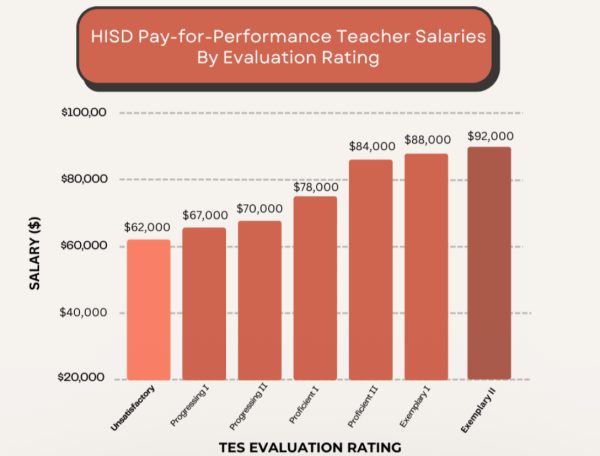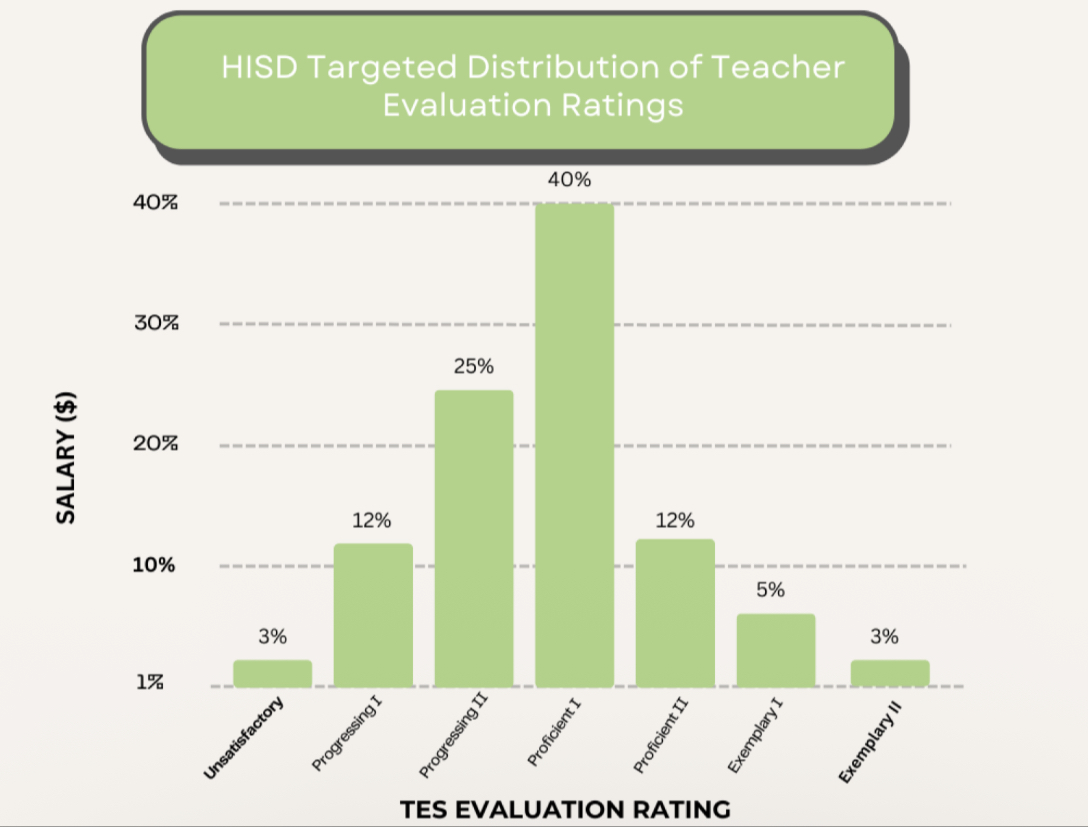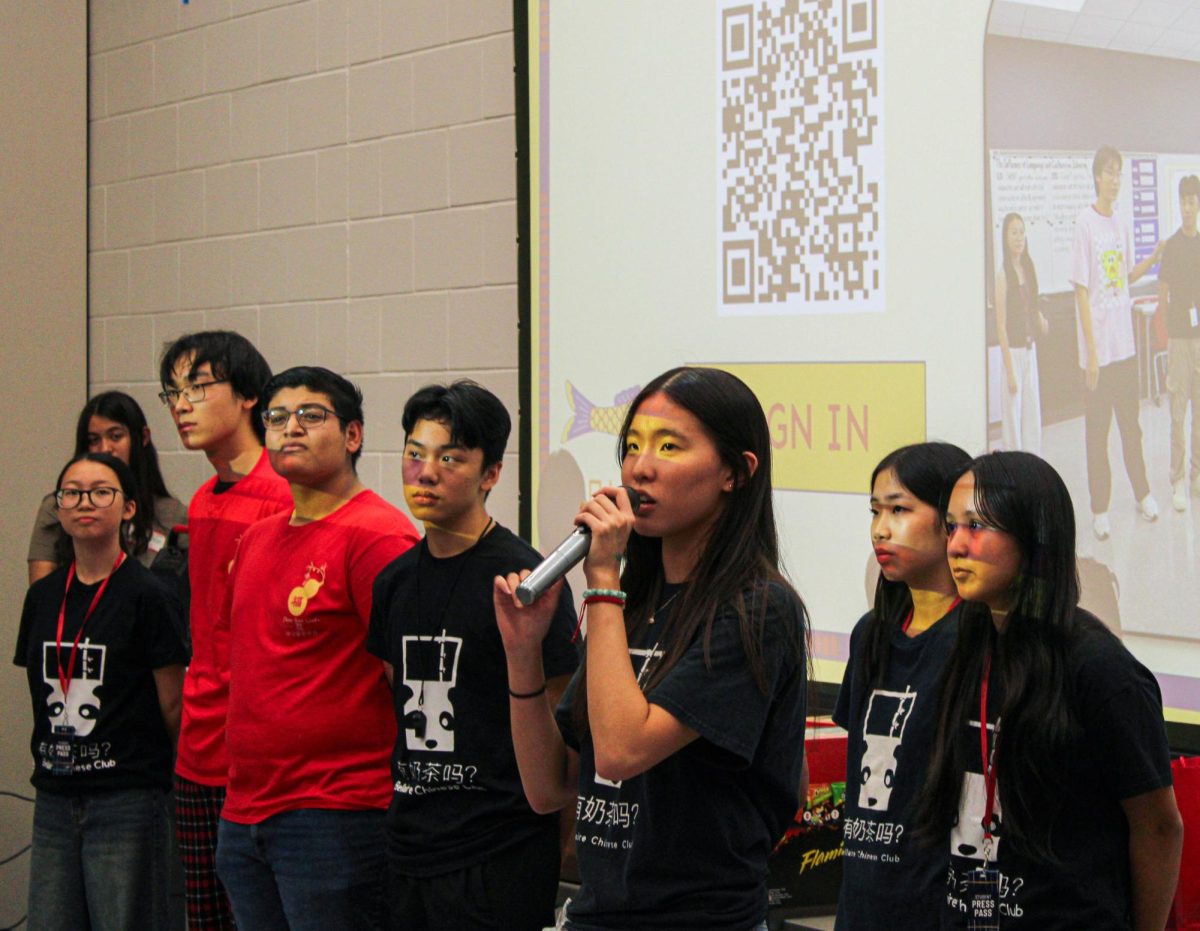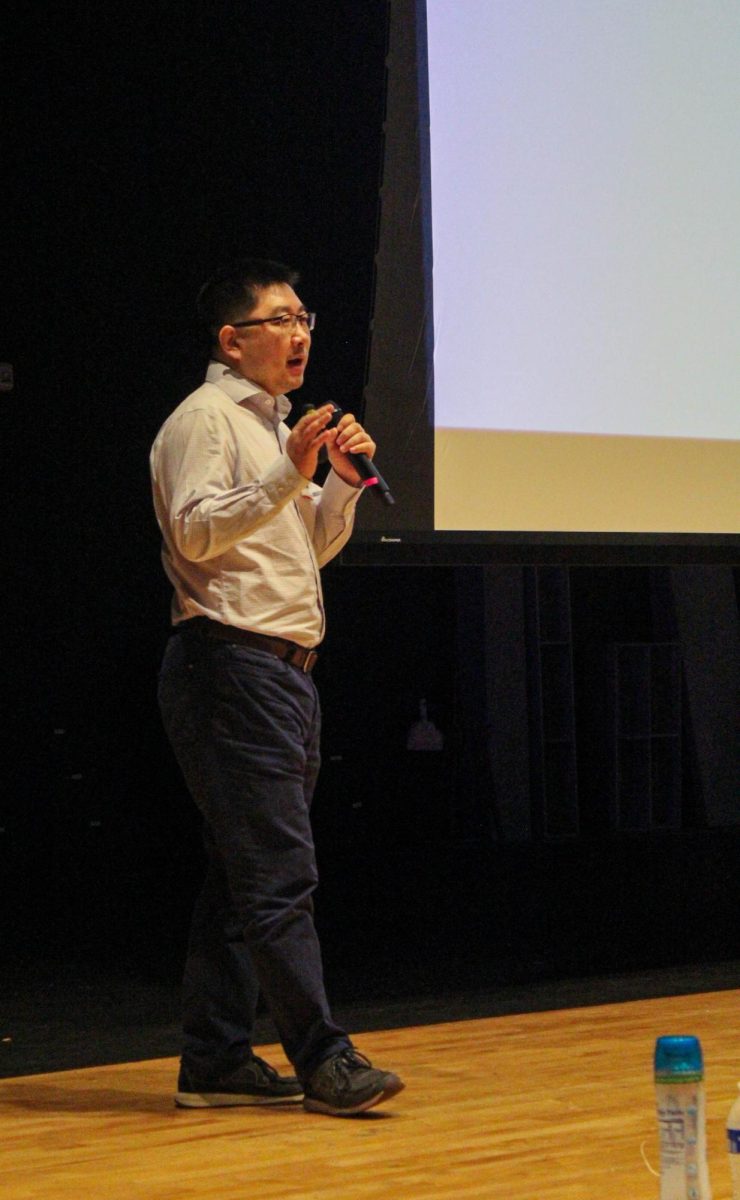Houston ISD will adopt a pay-for-performance model starting during the 2026-27 school year.
The model will evaluate teacher performance based on the Teacher Excellence System, which is based on four weighted criteria: quality of instruction (45%), student academic outcomes (35%), planning and professionalism (15%) and campus action plan (5%). The TES will replace the district’s current teacher evaluation system, the Texas Teacher Evaluation and Support System, this fall. Teacher pay will be based on these evaluations starting the following school year in 2026.
“At the end of the day, yes, it’s about the teachers, but more importantly it’s about our kids and whether or not they had the best quality education that we can possibly give them,” superintendent Mike Miles said in a video published by HISD NOW on April 8. “That starts with an effective teacher in the classroom.”
Miles said in the video that under the district’s “hold harmless” policy, no teacher’s base salary will be reduced for the first four years after the model is implemented, regardless of how they perform. If a teacher’s evaluation under the new TES system results in a lower salary than their current base pay, they will continue to receive their same salary until the end of the four years.

According to the HISD NOW video, it is “making the fundamental choice to tie compensation to teacher effectiveness and not years of experience.”
Chief of Schools Sandi Massey said in the video that teachers who have been in HISD for the past two years have been receiving support in providing high-quality instruction, making their transition to TES smoother.
“The Teacher Excellence System is a great tool that identifies and clearly sets out the expectations for what a high-performing teacher looks like,” Massey said. “The first four years, if [teachers] drop in evaluation, they won’t drop in salary. That’s a huge layer of support.”
Houston Education Association president and former HISD teacher Michelle Williams said the HEA asked the HISD Board of Managers not to institute the pay-for-performance system when it was up for vote on April 8. The proposal passed 8-0.
“We have been trying to inform the public and let them know that this is not good because it’s going to run off the remaining teachers, because people like me, we don’t really benefit from this because we’re on the higher end of the salaries,” Williams said. “Teachers end up leaving.”
Williams, who has 26 years of experience in education, said she thinks that TES is a flawed system due to its lack of qualified evaluators.
“It’s flawed in the way that [the system] does not have the human capital and experienced teachers, [those] who are not administrators, that are needed to know what teaching looks like,” Williams said. “What [parents] need to understand is that their children are not going to be getting the high-quality instruction that they think that they’re going to get. To my knowledge, teachers are looking at either retiring, resigning or going to another school district. Especially experienced teachers.”
Williams said she believes that the system will end in litigation.
“Some of our students are above grade level and this new evaluation system doesn’t have the capability to quantify their growth,” Williams said. “There’s not a model that exists that actually works because we’re dealing with human beings.”
According to HISD, the district reviewed research on teacher evaluation to build the TES system, including the Bill and Melinda Gates Foundation’s Measure of Effective Teaching study, which emphasized student surveys, teacher observations and student achievement and growth as “valid inputs” to a teacher evaluation system. The district received monthly feedback from 18 “Trailblazer” campuses that tested components of the new evaluation system.
The district gathered more input from a district-wide teacher survey in November, and two rounds of “TES Talks” where trained staff talked about TES were held at each trailblazer campus. Additionally, each campus held two meetings with its Shared Decision Making Committee to vote and provide input on the proposed system.
Bellaire IB Coordinator Ann Kennedy-Linsley, who teaches IB and AP Human Geography and is in her 39th year at Bellaire, is concerned about the long-term effects of the new pay-for-performance system.
Linsley said the new system could discourage collaborations between teachers who are being evaluated competitively. Linsley explained that teachers teaching in the same course might have different schedules, with some teaching in the morning and others in the afternoon, which could affect student performance.
“You’re going to have a lot more teachers leave at the IB and AP level,” Linsley said. “A lot of them are stuck in the middle in terms of the teacher retirement system. They can’t afford to leave because they’re halfway invested, and they also can’t take the hit that this is going to cost.”
For more information about the pay-for-performance and TES systems, follow HISD at @HISDNOW on YouTube or @HoustonISD on X.











Claire B • May 21, 2025 at 8:44 pm
WOOO!!! Congrats on getting this story published, Zara! It is so very well-written and very informative! Thank you for putting so much time and effort into making sure that you got the facts right and portrayed accurately 🙂 I know it takes a lot!